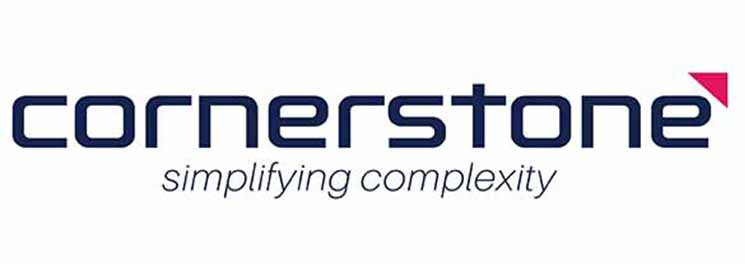2020 will be remembered as the year that made us rush into digital transformation. With billions working from home and ‘living a virtual life’, has resulted in the creation of unprecedented amounts of data.
What used to be school or office has become Zoom or Google Classroom. Shopping online has become the new norm, and spending our days on computers and smart devices is how we now socialise and entertain ourselves.
At first this deluge of data was quite exciting. However, analysing this resource for new opportunities without proper governance will expose your users and consumers to risk.
Privacy issues impede the excitement of data downpour.
Users and consumers are now voicing concerns that their thin line of personal privacy might be blurring.
If your business …
- monitors their personal IP location
- taps into their contacts on private devices
- accesses their private web cams in their private homes during meetings
- you could be vulnerable to high security and privacy penalties.
As we all rushed to move businesses online last year, many did not have time to consider the implications of using this data to make decisions. Those companies using data unethically are risking the privacy and security of those they most rely on – their users and consumers.
Data must be in the right hands and must be secured
Increased data volume and velocity must be managed and utilised properly. Practising good data governance should be your first priority. Businesses are now required to complete full disclosure of where their data is stored, who has access, and when it is used.
To do so, you are required to place meaning, structures, and ownership around your data. This helps you make reliable data-driven decisions without compromising our privacy. If you have just completed a speedy digital transformation, then now is the time to enforce a proper privacy strategy.
Data needs governance to optimise data privacy
Data in the wrong hands can be devastating for your business and your reputation. Data theft can also erode the trust of those you rely on the most – your employees and consumers customers. The detrimental effects of an attack can plague your business for many years. For some the damage bill was so high, they even went into administration.
2021 will see a world shift to improve how companies collect and control personally identifiable information (PII). Its aim is to give consumers more control over the personal information businesses collect. Like many countries, Australia is following the example of EU GDPR. Each new legislation will bring a renewed focus on data governance and compliance issues, with heavy penalties.
Creating Trust Between Business and Consumers
It is impossible to separate data governance from personal privacy. Data privacy must be integrated into data sharing processes.
Below are 4 steps to help you improve data governance.
Step 1 – Create a well-managed environment that can handle and manage data well. This will help build trust. Setting up roles with varying levels of access will establish a digital-centric sharing community.
Step 2 – Use a data hierarchy to build trust. Good data governance has a positive cascading effect on corporate governance. Giving clients ownership over their own data will build ‘data trust’ in the enterprise as steward of their data.
Step 3 – Make it your ethical duty to protect consumer data and privacy clear. Businesses are not controllers or data processors. However, a business that are open about their governance policies will be seen as more ethical.
Step 4 – Create a data governance framework to resolve privacy issues. Data privacy is now more critical than ever. Creating a sound framework for data governance will help comply with the new regulations. Satisfy emerging requirements, demands and compliance sooner rather than later.
IBM Planning Analytics is a planning solution that has built-in governance structures for data privacy. Find out how to build a strong data governance foundation without losing access and insight by contacting Cornerstone today.
Follow us on LinkedIn to stay up to date.




